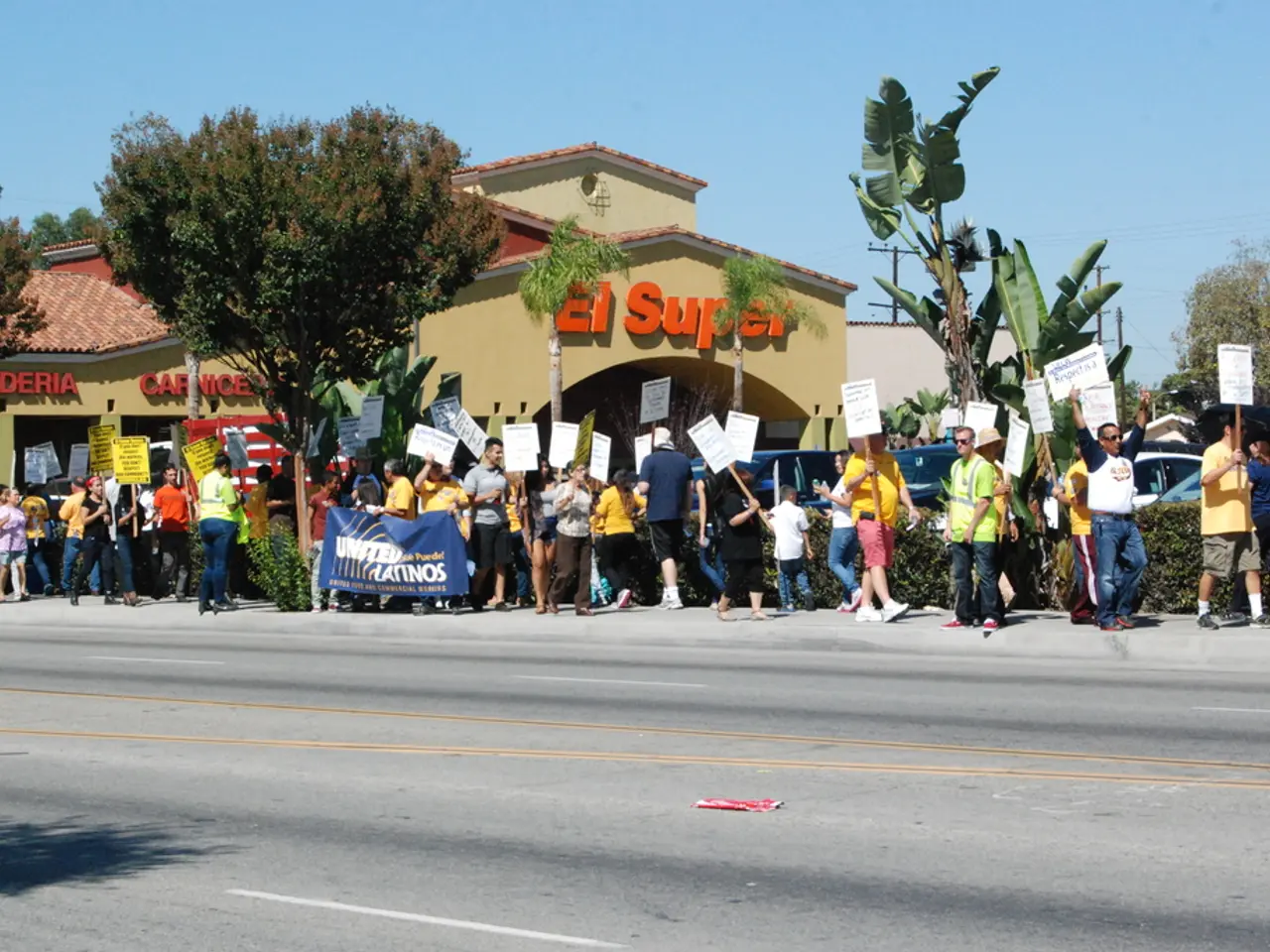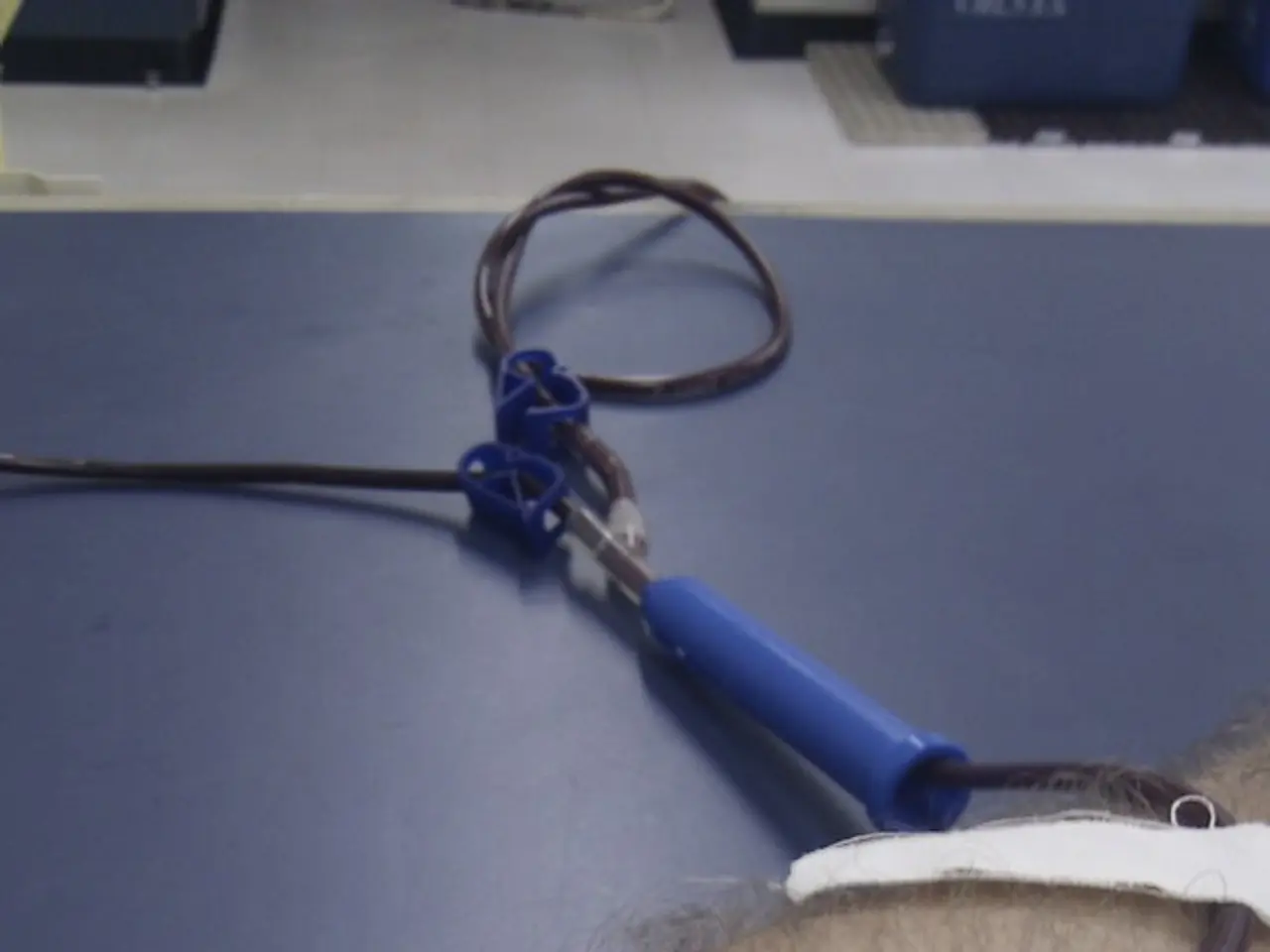Championing for Seniors' Advocacy: Safeguarding the Vulnerable Elderly Population
In the United States, elder rights advocacy is a vital movement that focuses on addressing the healthcare, housing, and financial security issues faced by the elderly population. This advocacy aims to combat elder abuse, preserve older adults' independence, and ensure access to essential services such as healthcare and social support.
The Department of Justice’s Elder Justice Initiative (EJI) is a key player in this fight, targeting elder abuse in various forms, including scams, neglect in nursing homes, and COVID-19-related fraud. The EJI also supports older victims through resources like the National Elder Fraud Hotline and legal fellowship programs addressing the legal needs of abuse victims.
Another crucial aspect of elder rights advocacy is the Older Americans Act (OAA). This legislation funds essential services that keep seniors healthy and independent, with advocacy efforts aimed at securing and modernizing its funding and programs, which benefit over 11 million older Americans annually.
Public education campaigns, media outreach, community events, and research are strategic approaches used to raise awareness about elder rights. Building partnerships involves collaborating with advocacy groups, policymakers, healthcare providers, and caregivers. Effective advocacy campaigns are developed by setting clear goals, building coalitions, crafting compelling messages, and deploying varied tactics such as lobbying and education.
Legal advocacy also plays a crucial role, focusing on protecting elders from abuse, neglect, financial exploitation, and ensuring their healthcare rights. Key legal protections for the elderly include Social Security and Medicare rights, housing rights, and protections.
Ongoing legislative efforts reflect a growing recognition of the importance of elder rights advocacy, with recent laws expanding Medicare and Social Security benefits and combating elder discrimination in housing. Advocacy organizations often host workshops and community events to raise awareness about elder rights and foster community support networks.
Advocacy organizations dedicated to elder rights offer various resources, such as legal assistance, informational seminars, and support networks. The Fair Housing Act prohibits discrimination against elderly individuals in housing, and the Federal Housing Administration offers financial assistance programs for elderly homeowners and renters.
Future trends in Elder Rights Advocacy include an increasing focus on technology, interdisciplinary approaches to elder law, stronger laws protecting the rights of seniors, and public awareness campaigns. Many organizations offer helplines or support hotlines, allowing seniors and caregivers to seek immediate assistance or advice on pressing issues.
Local elder rights advocacy groups focus on specific communities, addressing unique challenges faced by seniors in those areas. To engage in Elder Rights Advocacy, individuals can educate themselves on elder rights and legal protections, volunteer with local organizations, or become active members of community boards or coalitions.
Elder Rights Advocacy Organizations play a pivotal role in protecting the interests and rights of the elderly population by promoting awareness, providing resources, and advocating for legislative changes. National elder rights advocacy groups influence legislation and policy on a larger scale, often leading to significant reforms affecting elder rights across the country.
Effective elder rights advocacy involves fostering strong community relationships, hosting educational initiatives, leveraging social media, and actively participating in legislative processes. Elder rights advocacy encompasses activities promoting awareness, preventing abuse, and ensuring access to essential services and benefits. Elder rights advocacy is a crucial initiative aimed at protecting the legal rights and interests of older adults.
- Science plays a significant role in understanding and addressing the medical conditions, chronic diseases, and neurological disorders that affect the elderly population.
- Workplace-wellness initiatives should consider the unique health needs of older adults, such as respiratory conditions, digestive health, eye-health, hearing, skin-care, cardiovascular-health, and men's health.
- Mental-health issues, including autoimmune-disorders and skin-conditions, are significant health concerns for the elderly and require specialized therapies and treatments.
- Aging brings about changes in various bodily functions, highlighting the need for comprehensive health and wellness strategies designed for older adults.
- The EJI, through initiatives like the National Elder Fraud Hotline, offers resources for victims of fraud and financial exploitation, common threats to the healthcare and financial security of seniors.
- The Older Americans Act (OAA) funds essential treatments and services that promote the health and independence of older Americans, addressing issues related to cancer and other medical-conditions.
- Advocacy for elder rights includes campaigns focused on raising awareness about elder abuse, fighting discrimination, and ensuring access to Medicare, housing, and other rights.
- CBD, a derivative from the cannabis plant, is being researched for its potential benefits in managing various health issues faced by the elderly, such as pain, anxiety, and sleep disorders.
- Womens-health advocacy is equally important, as women in older age groups may face unique challenges, including reproductive health concerns and osteoporosis.
- Collaboration between elder rights advocacy organizations, healthcare providers, policymakers, and community groups can lead to effective strategies and policies that promote health and wellness in older adults.
- As advocacy efforts continue to evolve, innovative approaches may include telemedicine for remote healthcare access, technology-driven solutions for aging-in-place, and increased focus on mental-health, given its growing recognition as a critical aspect of overall well-being.



